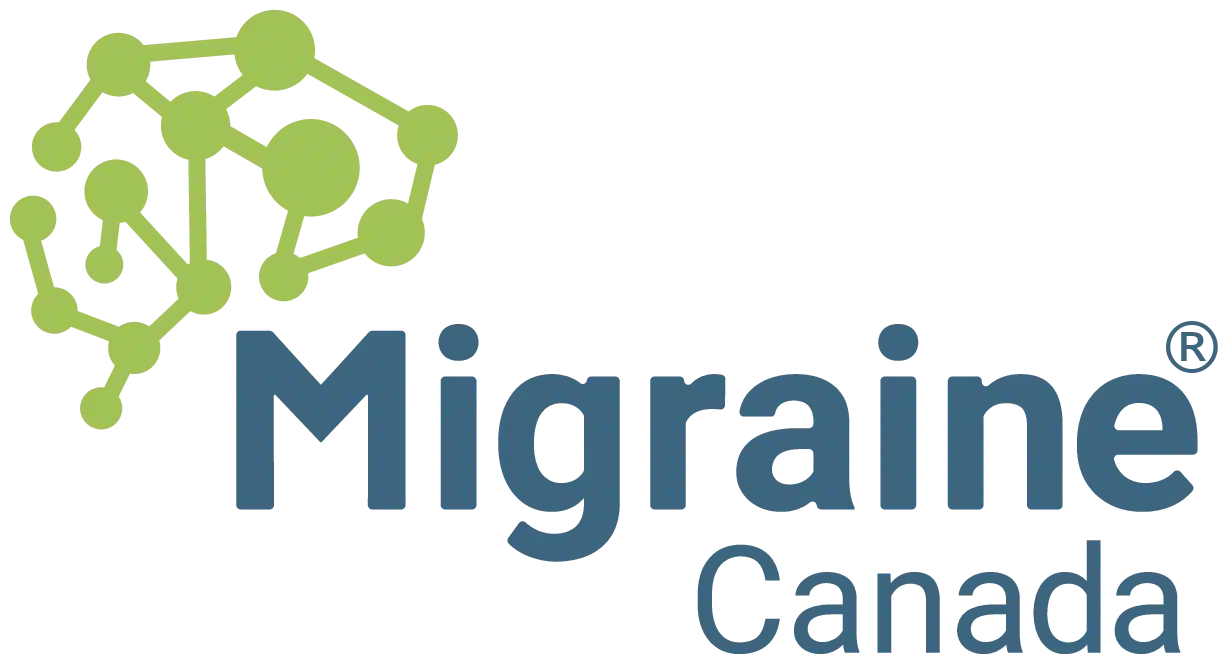Navigating Migraine & Headache Care in Canada: A Resource Guide
For Canadians managing migraine, navigating migraine & headache care in Canada is essential. Finding effective healthcare support requires understanding available options and identifying which providers offer genuine expertise in headache and migraine care. Here, we discuss what you can expect from primary care providers, how to identify specialists and complementary care, and what to look for when choosing a clinic for migraine treatment.
Current Realities in Navigating Migraine & Headache Care in Canada
Migraine care in Canada has come a long way, yet remains complex due to varying levels of expertise and more treatment options. Without an official certification in headache medicine, expertise may vary among providers, making it essential to understand their backgrounds, training, and specialization.
What to Expect from Your Primary Care Provider When Navigating Migraine & Headache Care in Canada
Primary care providers (PCPs), including family physicians and nurse practitioners, often serve as the first line of care. Here’s what you can expect:
-
Diagnosis and Initial Treatment: PCPs typically assess for migraine and may begin treatment with lifestyle recommendations and basic medications to manage acute attacks.
-
Medication for Acute Relief: PCPs can prescribe medications for managing acute migraine so that you can effectively treat attacks when they arise. Some options include NSAIDs, triptan, or gepants.
-
Medication for Migraine Prevention: Preventive treatments should be initiated in primary care if you are experiencing 4+ migraine attacks per month, there is impact on your function, or if you need acute treatment on 8+ days each month. The non-specific migraine preventives are typically started first (more info). Primary care providers should be able to initiate at least one oral preventive treatment. Some PCPs with a special interest and expertise in migraine may also prescribe advanced preventive treatments, including gepants, CGRP monoclonal antibodies (mAbs), and Botox.
-
Referral to Specialists: If migraine attacks are unresponsive to initial treatments, or require specialized interventions, PCPs can refer you to a neurologist or headache specialist with expertise in the latest migraine management strategies.
Screening for Specialized Migraine & Headache Clinics in Canada
As you search for a clinic specializing in headache and migraine treatment, consider the following criteria to ensure you receive comprehensive care:
-
Availability of Specialty Medications: Look for clinics that offer a full range of treatments, including gepants, CGRP mAbs, and Botox. Clinics that provide these medications are generally more focused on medical migraine treatment and are up-to-date on the latest advancements. You may need to call around to inquire as the information may not be included on a website.
-
Avoid Aesthetic-Only Clinics: Be cautious of aesthetic clinics that only offer Botox for migraine prevention. While Botox can be effective for chronic migraine, a comprehensive migraine clinic will typically offer additional preventive and acute medications. Medical clinics specializing in headache treatment are more likely to assess your full medical history and collaborate on a broader treatment plan.

Types of Providers Specializing in Migraine Care in Canada
If you need specialized care, you may encounter the following types of providers with advanced training in migraine management:
-
Neurologists: Neurologists with expertise in headache medicine can provide comprehensive care, including advanced medications and procedures like Botox, CGRP mAbs, and gepants.
-
Headache Specialists: Neurologists or pain specialists focused exclusively on headaches often practice in academic centers or private clinics dedicated to migraine care. These specialists may provide a higher level of care and offer treatments not typically available in general practice settings.
-
Family Physicians & Nurse Practitioners: Some PCPs in your community have developed a major interest in migraine and special expertise in migraine care. These providers often offer a high level of care. Over time, we are witnessing an increase in primary care providers becoming more educated on migraine through continuing medical education programs.
-
Pain Clinics: Pain clinics may offer additional options, such as nerve blocks, infusions, and neuromodulation, although most pain clinics do not focus on treating migraine. It’s best to confirm that the clinic has experience treating headaches specifically. Inquire about their familiarity and use of CGRP mAbs, Botox, and gepants.
Other Healthcare Professionals Who Can Help with Migraine Management in Canada
Other healthcare providers can offer additional support to those with migraine, addressing lifestyle factors and promoting overall well-being. These healthcare providers commonly include:
-
Psychologists: Behavioral therapies, such as relaxation techniques, biofeedback, and cognitive behavioral therapy, provide tools to manage pain and reduce stress, both critical in migraine management.
-
Physiotherapists and Chiropractors: Skilled in body alignment and musculoskeletal health, these professionals may help reduce neck and back tension, which can be migraine triggers. Note: Neck discomfort may also be part of the migraine attack itself and not necessarily indicate an actual neck problem. Neck strengthening, stretching, and postural exercises may be useful; however, neck manipulation should be avoided.
-
Occupational Therapists: Occupational therapists help those with migraine develop routines for managing everyday activities without triggering attacks. They may also teach behavioral skills like relaxation and stress management.
-
Dietitians: For migraines affected by dietary factors, dietitians can help identify triggers and develop a balanced eating plan as part of a migraine management strategy.
-
Kinesiologists: Regular exercise can reduce migraine attacks, but people with migraine often find it difficult to maintain a routine because attacks may be triggered by exercise. Kinesiologists help gradually improve fitness without triggering attacks.
*This list includes examples of professionals commonly engaged. Some patients have also experienced success with other disciplines not included above.ontent goes here. Edit or remove this text inline or in the module Content settings. You can also style every aspect of this content in the module Design settings and even apply custom CSS to this text in the module Advanced settings.
Building a Multi-Modal Migraine Care Plan in Canada
Effective migraine management often involves combining different treatments and providers. Here’s how to navigate this approach:
-
Consult Your PCP: Begin with your primary care provider who can diagnose, offer initial treatment, and start preventive therapies if necessary.
-
Consider Specialized Care: If standard treatments aren’t sufficient, seek a neurologist or other clinicians with advanced migraine expertise who can offer advanced treatment options.
-
Include Other Healthcare Professionals: Other providers, as listed above, enhance your care by helping manage triggers and supporting well-being. Discuss these options with your PCP for coordinated care.
-
Stay Informed and Engaged: Proactively monitor symptoms and follow up with providers to ensure your treatment remains effective. Consider keeping a headache diary, such as the Canadian Migraine Tracker.
Moving Forward with Navigating Migraine & Headache Care in Canada
While navigating the Canadian healthcare system can feel challenging, understanding the roles of various providers helps you build a comprehensive, effective care plan. By combining primary, specialized, and complementary care, you can access a range of treatments and resources that support your journey toward improved migraine management and better quality of life.



